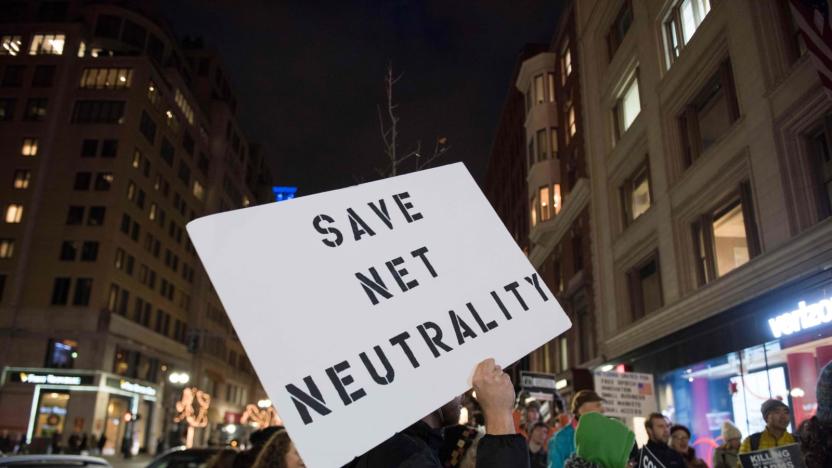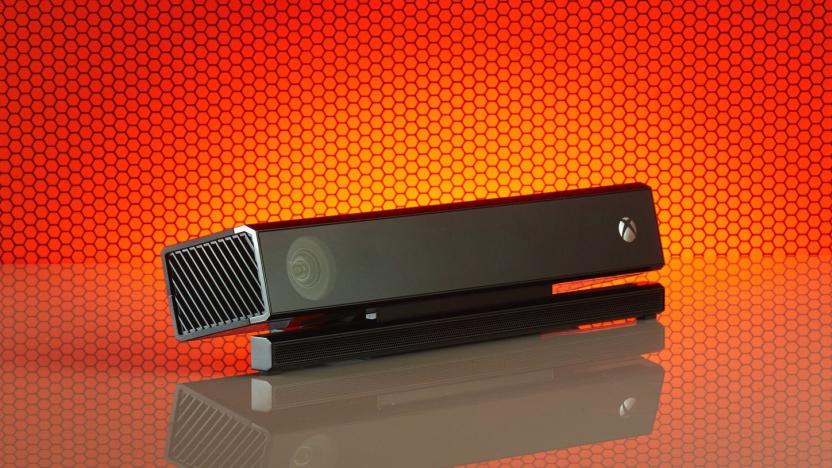robsheridan
Latest

Destroying net neutrality will hurt artists and small businesses the most
The internet as we know it could change come December 14th. FCC chairman and former Verizon attorney Ajit Pai is expected to undo net neutrality, and with it the Title II regulations that prevent the likes of Comcast and Verizon from giving certain websites and services priority over others and moving their data faster. The worry is that repealing net neutrality will create an uneven playing field. For you and me, it could mean paying Verizon extra to access Netflix. But, for artists, small-business owners and musicians, it could lead to their work being disadvantaged, silenced or hidden behind a paywall. That type of barricade may stifle creativity and drive more cultural homogeneity. FM radio isn't a viable way to discover new music anymore because many stations have set playlists dictated by a few corporate overlords like iHeartRadio and Townsquare Media. Which is why the internet it is such a powerful tool for discovery. All someone needs is a cellphone and a YouTube account to get their name out there — not years of touring or approval from a panel of celebrity judges on America's Got Talent. It's that type of freedom many critics fear will vanish with Title II.

Kinect's value to artists overshadowed its gaming roots
The Kinect is officially dead. But the reality is that Microsoft signed the do-all sensor's fate years ago. Faced with slumping hardware sales in 2014, then-new Xbox chief Phil Spencer had a decision to make. Microsoft could either drop the price of the Xbox One, or continue letting Sony and the $400 PlayStation 4 eat its lunch. So it stopped bundling the Kinect with the console and cut $100 off the asking price. It worked. Microsoft doubled sales the next month, and this move has set the tone for Spencer's tenure: reversing the string of bad decisions Microsoft made leading up to Xbox One's debut. To illustrate the sensor's waning importance to Microsoft, the Xbox One S didn't have a dedicated Kinect port on the back when it was released in 2016. It's the same with the upcoming Xbox One X, except Microsoft isn't offering a free USB adapter anymore. The writing has been on the wall for a while now. If this week's news was surprising, you probably haven't been paying attention. The truth is that Kinect's greatest successes had nothing to do with gaming. Hackers adopted the sensor with open arms, using it for everything from interactive art installations to motion capture and even trippy stage shows for massive bands like Nine Inch Nails. Why? Because for the tech that's on board, Kinect was relatively inexpensive and easy to use.

Joystiq interviews Trent Reznor
Joystiq has an excellent interview with independent noise harnessers, Trent Reznor and Rob Sheridan, of Nine Inch Nails fame. Unlikely guests for the 'stiq until they begin reminiscing about their Pong roots and flame-baiting the PS3 and Xbox 360 faithful. They also hint at near-term plans to develop "some entertainment-based video game–type stuff" while lambasting a record industry looking to Rock Band and Guitar Hero for its salvation. You get the idea, gaming nerds nerding-out about gaming only using a few more expletives than moms would probably like. The interview goes much deeper than you might have realized. The "lost questions" are now posted on Dustin Burg's personal blog. There you'll find Trent (a man who successfully trail-blazed riches at the dawn of the digital age without major label support) and Rob discussing modern music distribution techniques, the limitations of social media for engaging fans, and software application development on modern smartphones. Fascinating insight for both consumers and the industry executives controlling the music, video, and apps we crave from the artists that create them. For example, in discussing why people steal music, Trent soberly notes that, "People aren't stealing music to make money. They steal because they love music." This isn't about bootlegging anymore. Accepting this, Reznor chose to engage his fans in a new way instead of fighting them: "...that's why we released our recent records for free. That's why we came up with the pricing tiers that we did, giving people something that had value for their money if they wanted it. But we gave it away for those who aren't going to pay anyway and figured that maybe we can at least get their email address and let them know when our next record is coming out. Or, maybe, we can let them know when our next concert is coming up." Pretty savvy. More after the break.
